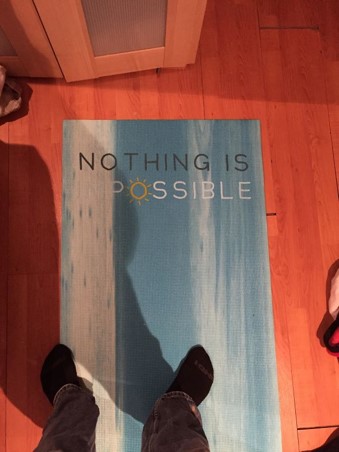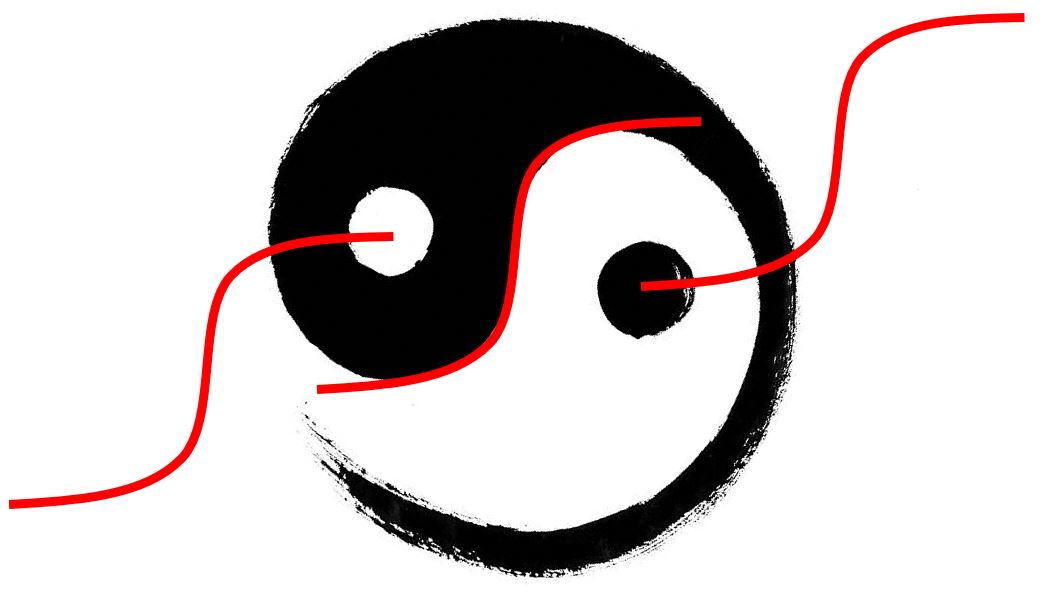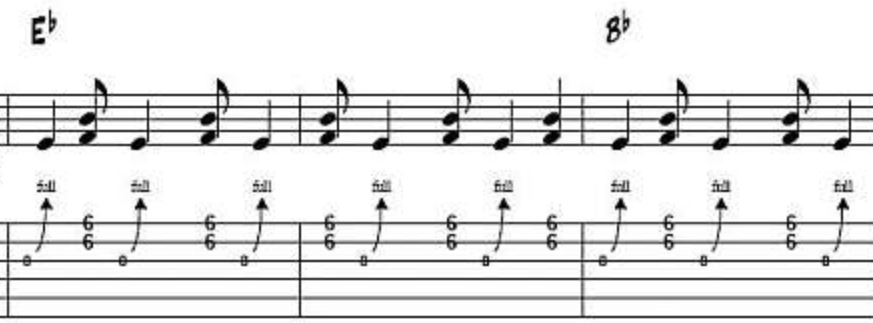
I’ve turned my library upsidedown three times now and I still can’t find the book where I read about the Native American belief that we all have 87 problems in life. I can’t find any reference to the idea on the Web either. If I didn’t know better, I might be inclined to believe its something I dreamed. In some ways, that’s quite a nice idea. Rather than have ‘failing memory’ as one of my 87 problems.
The full ’87 problems’ idea, meanwhile, is that whenever we solve one of our 87 problems, a new one is sure to appear to restore the requisite number of problems.
Over the years, when I’ve had occasion to mention the idea to others, I notice two reactions. The first (most common) one is a look of horror, followed by a furrowed brow and then a discussion about how the idea contradicts their life strategy of trying to find ‘happiness’. Here’s the kind of person who seeks to avoid problems by progressively cocooning themselves from the real world. Or, if I accept the Native American logic, its the person that, if we really do always have 87 problems to contend with, seeks to substitute big ones with progressively smaller and smaller ones, until, perhaps, finally, the eventual 87 are each no bigger than the hassle of trying to get the last drop out of the toothpaste tube?
At the other end of the reaction spectrum, then, are the shoulder-shrugging nihilists whose immediate reaction to the 87 problems idea is ‘blimey, what if I solve a problem and receive a worse one in its place? Rather than take the risk, why bother trying to solve any more problems?’
I have to admit, I occasionally have some sympathy with both extremes of the spectrum. Then again, being one of those annoying ‘third-way’ people, I feel that my best strategy is to make sure I’m always working my way through the ‘right’ 87 problems.
Which perhaps make the issue of establishing what ‘right’ means becomes one of my 87.
While that doesn’t feel like such a bad idea, it also feels a bit abstract.
But then again, I know it ought to have something to do with ‘meaning’. And probably also ‘mastery’ of whatever it is I decide I should knuckle-down and do.
This is the moment when I find myself connecting to the now largely discredited idea of Malcolm Gladwell that it takes 10,000 hours to master anything. I have person experience of the fallacy of the idea. There being several things that I know I’ve devoted more than 10,000 hours to and still feel like an absolute novice.
Connecting the Native Indian and Gladwell dots, however, something begins to dawn on me. The reason my 10,000 hours of guitar playing hasn’t resulted in sold-out concerts at Madison Square Garden is because I rarely if ever solve any problems when I’m trying to play. If something gets difficult – there are a couple of tricky licks in Johnny B Goode for example – its too easy to give up and move on to playing something else.
On the other hand, there are other areas of life where I think I’ve achieved something like mastery in a lot less than 10,000 hours. These are the parts of (work, sadly!) life where my strategy has been – as TRIZ tells me – to actively run towards the difficult stuff. These are the areas where, even though I haven’t done my requisite hours, I have solved a requisite number of difficult problems. And by ‘difficult’, sticking with TRIZ, I obviously mean contradictions. And by ‘requisite’, sticking with my elusive Native American aphorism, I probably mean 87.

Mastery, in other words, is what happens when we’ve solved 87 contradictions in a chosen domain.
Which sounds like a pretty good piece of research to do. What were the 87 contradictions Lennon and McCartney worked their way through prior to Please Please Me? And was one of them that damn lick from Johnny B Goode?

